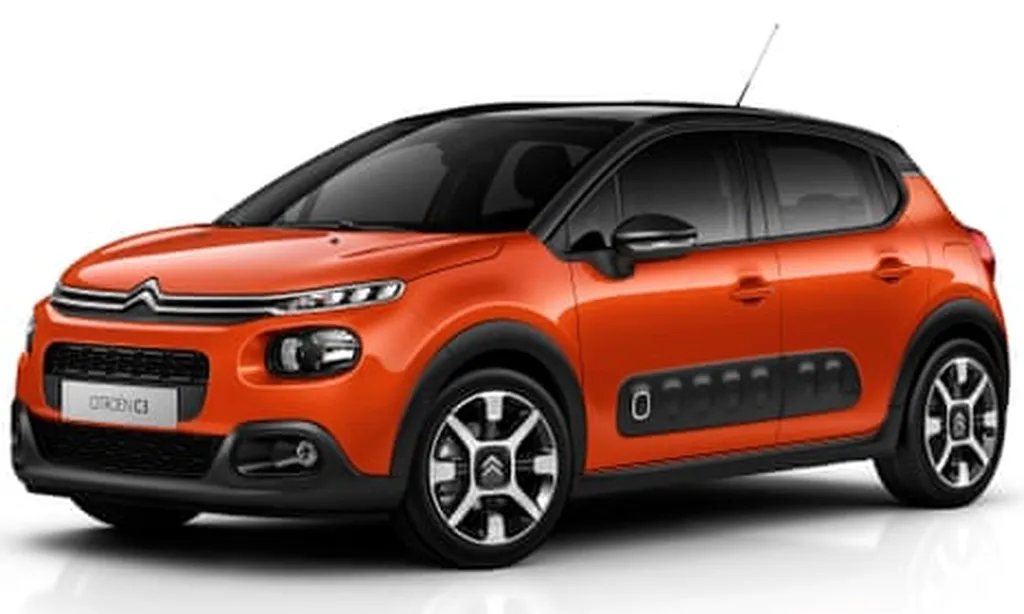In the quest for more efficient and environmentally friendly automotive air conditioning systems, researchers have turned their attention to trans-critical CO2 systems. A recent study published in *Zhileng xuebao* (translated as *Acta Armamentarii*) sheds light on the development of microchannel gas coolers, a critical component in these systems. The research, led by Deng Jianqiang, offers promising insights into improving the performance and commercial viability of CO2-based air conditioning in vehicles.
The study focuses on the design and calculation of gas coolers using the mean temperature difference method. Deng Jianqiang and his team developed a modified design calculation program that accounts for the variable thermophysical properties of supercritical CO2, which significantly influence convection heat transfer in tubes. “The thermodynamic and transport properties of supercritical CO2 are crucial for accurate calculations,” Deng explains. “We used REFPROP7.0 to determine these properties, ensuring precision in our models.”
One of the key findings of the study is the comparison of two recent correlations for in-tube cooling. The results indicate that there is no notable difference between the two correlations, suggesting a level of consistency in the predictive models. Additionally, the in-tube pressure drop predicted by the program is quite small, which is a positive indicator for the efficiency of the system.
The implications of this research are significant for the energy sector, particularly in the automotive industry. As the push for greener technologies intensifies, trans-critical CO2 air conditioning systems offer a promising alternative to traditional systems. These systems are more environmentally friendly, as CO2 is a natural refrigerant with a lower global warming potential compared to synthetic refrigerants. The development of more efficient gas coolers could accelerate the adoption of these systems, making them more commercially viable.
Deng Jianqiang’s work highlights the importance of understanding the thermophysical properties of supercritical CO2 and the impact of these properties on heat transfer and pressure drop. This knowledge is crucial for designing more efficient and effective gas coolers, which are essential components in trans-critical CO2 air conditioning systems. As the industry continues to evolve, research like this will play a pivotal role in shaping the future of automotive air conditioning and the broader energy sector.
The study, published in *Zhileng xuebao*, represents a significant step forward in the development of trans-critical CO2 air conditioning systems. As the automotive industry seeks to reduce its environmental impact, the insights gained from this research could pave the way for more sustainable and efficient cooling solutions. Deng Jianqiang’s contributions underscore the importance of continued research and innovation in this field, ensuring that the industry can meet the challenges of the future with confidence and expertise.

